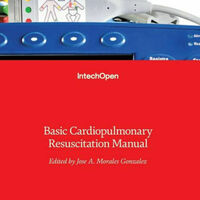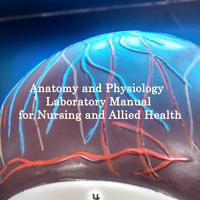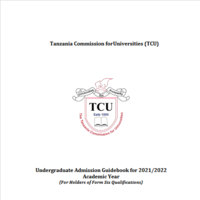Search
Books+
Searching 1,730 books
Search related to the career Cardiovascular Technician
Qualifications to Become a Cardiovascular Technician:
To become a Cardiovascular Technician, individuals typically need to meet certain qualifications and acquire specific skills. These qualifications may vary depending on the country, institution, or employer. However, some common requirements include:
1. Educational Background: Most employers require a high school diploma or equivalent. However, some positions may require an associate's degree or a certificate program in cardiovascular technology or a related field.
2. Knowledge of Cardiovascular Anatomy and Physiology: Cardiovascular Technicians should have a strong understanding of the cardiovascular system, including the heart, blood vessels, and related structures.
3. Technical Skills: Proficiency in operating and maintaining various medical equipment used in cardiovascular procedures, such as electrocardiogram (ECG) machines, ultrasound devices, and stress testing equipment.
4. Medical Terminology: Familiarity with medical terminology related to cardiovascular conditions, procedures, and treatments is essential for effective communication with healthcare professionals.
5. Attention to Detail: Cardiovascular Technicians must be detail-oriented to accurately record and interpret patient data, such as ECG readings and blood pressure measurements.
6. Interpersonal Skills: Good communication and interpersonal skills are necessary to interact with patients, explain procedures, and provide emotional support during cardiovascular tests or treatments.
7. Physical Stamina: The role may involve standing for long periods, lifting or positioning patients, and assisting with invasive procedures. Physical stamina and dexterity are important for performing these tasks.
8. Professional Certification: While not always mandatory, obtaining professional certification can enhance job prospects. Certifying bodies such as the Cardiovascular Credentialing International (CCI) offer credentials like the Registered Cardiovascular Invasive Specialist (RCIS) or the Registered Cardiac Sonographer (RCS).
It's important to note that specific requirements may vary, and individuals interested in pursuing a career as a Cardiovascular Technician should research the qualifications needed in their specific region or institution.
Source: Various AI tools
Vocational skills
Searched in English.





























